Understanding Electroconvulsive Therapy (ECT) for Mental Health Treatment: Insights from Dr. Praveen Godara
As a psychiatrist, Electroconvulsive Therapy (ECT) for Mental Health Treatment, I have seen how mental illness can profoundly impact the lives of individuals and their families. Mental health conditions such as depression, anxiety, bipolar disorder, and schizophrenia can be debilitating, making everyday tasks challenging for those affected. Despite the availability of various medications and therapies, there are times when conventional treatments fail to provide the relief patients need. In such cases, Electroconvulsive Therapy (ECT) can be a powerful tool in restoring mental health. Here, I will explain some common symptoms of mental illness and how ECT can offer a lifeline for patients who haven’t found relief through other means.
Recognizing Symptoms of Mental Illness
Mental illness can manifest in different ways, and early intervention is key to successful treatment. Here are some common signs to look out for:
1. Persistent Feelings of Sadness or Hopelessness
One of the hallmark signs of depression is prolonged sadness or a sense of hopelessness. It’s normal to experience these feelings occasionally, but when they persist for weeks or months, they may signal a deeper issue. Depression can cause individuals to lose interest in activities they once enjoyed, isolate themselves from loved ones, and struggle with basic tasks.
2. Excessive Worry or Anxiety
While everyone experiences anxiety occasionally, persistent worry or fear that interferes with daily life may indicate an anxiety disorder. Individuals with anxiety often experience symptoms such as a racing heart, excessive sweating, and difficulty concentrating. These symptoms can be crippling, making it hard to function at work, school, or in social situations.
3. Extreme Mood Swings
People with bipolar disorder often experience drastic changes in mood, from extreme highs (mania) to deep lows (depression). These mood swings can occur suddenly and affect relationships, work, and everyday activities. Without proper treatment, managing bipolar disorder can be extremely difficult.
4. Disconnection from Reality
Some individuals with mental illness, particularly those with schizophrenia or other psychotic disorders, may experience hallucinations or delusions. This disconnection from reality can be frightening for both the person affected and their loved ones.
5. Difficulty Functioning in Daily Life
Mental illness can also manifest as a decline in cognitive abilities, such as difficulty concentrating, remembering things, or making decisions. This cognitive decline can be seen in conditions like depression, schizophrenia, and bipolar disorder.
Electroconvulsive Therapy (ECT): A Safe and Effective Treatment
For individuals with severe psychiatric conditions, Electroconvulsive Therapy (ECT) can be a highly effective treatment option. Though ECT has faced stigma in the past due to misunderstandings about the procedure, it has evolved significantly and is now a safe and carefully controlled therapy used in modern psychiatry. I have personally seen the transformative effects ECT can have on patients.
What is Electroconvulsive Therapy (ECT) for Mental Health Treatment?
Electroconvulsive Therapy (ECT) is a medical treatment used to treat severe mental health conditions, especially when other treatments have failed. The procedure involves sending small, controlled electric currents through the brain to trigger brief seizures. These seizures help reset brain chemistry and improve communication between neurons, leading to significant improvements in mood and cognitive function for many patients.
When is ECT Used?
I typically recommend ECT for patients who are struggling with:
- Severe Depression: Particularly in cases where depression is resistant to medication or psychotherapy, or when there is an immediate risk of suicide, ECT can provide rapid relief from depressive symptoms.
- Bipolar Disorder: ECT is effective in treating both the manic and depressive phases of bipolar disorder, helping to stabilize mood swings.
- Schizophrenia: In cases where antipsychotic medications are not effective, ECT can help reduce symptoms such as hallucinations, delusions, and disorganized thinking.
- Catatonia: This condition, which involves a lack of movement and response, can be life-threatening. ECT is often the most effective treatment for catatonia.
How Does ECT Work?
The process of Electroconvulsive Therapy is conducted in a controlled, medical environment to ensure patient safety and comfort. Here’s what patients can expect:
- Pre-Procedure Evaluation: Before undergoing ECT, I perform a thorough medical evaluation to ensure the patient is a suitable candidate. This includes reviewing the patient’s medical history, psychiatric history, and any other health concerns.
- Anesthesia and Muscle Relaxants: During the procedure, the patient is under general anesthesia and muscle relaxants to prevent discomfort. This ensures the patient feels no pain and does not experience any discomfort during the treatment.
- Electric Stimulation: I then deliver small, controlled electrical impulses to the brain. These impulses last only a few seconds and cause a brief seizure, which helps to restore normal brain activity.
- Recovery: After the procedure, patients typically wake up within minutes and are closely monitored in the recovery room. Some may experience mild side effects such as temporary confusion or memory loss, but these effects are generally short-lived.
The Benefits of ECT
ECT has been proven to be one of the most effective treatments for severe mental illness. It works quickly, often providing relief within days, and can be life-saving for individuals experiencing suicidal thoughts or severe depression. While ECT may not be the first line of treatment, it is an important option for patients who have not responded to other therapies.
Why Dr. Praveen Godara?
As a psychiatrist, I, Dr. Praveen Godara, am dedicated to helping patients overcome the challenges of severe mental illnesses such as depression, bipolar disorder, and schizophrenia. For those whose conditions have not responded to traditional treatments like medication and therapy, Electroconvulsive Therapy (ECT) offers a highly effective solution.
Electroconvulsive Therapy (ECT) for Mental Health Treatment is a safe and controlled procedure that works by delivering a brief electrical stimulus to the brain, helping to reset brain chemistry and alleviate symptoms. It is performed under general anesthesia, ensuring a painless experience, and has proven life-changing for many patients.
If you are struggling with a mental health condition that seems unmanageable, I encourage you to consult with me to explore if ECT might be the right option for you. Together, we can work toward your recovery and help you regain control of your life.

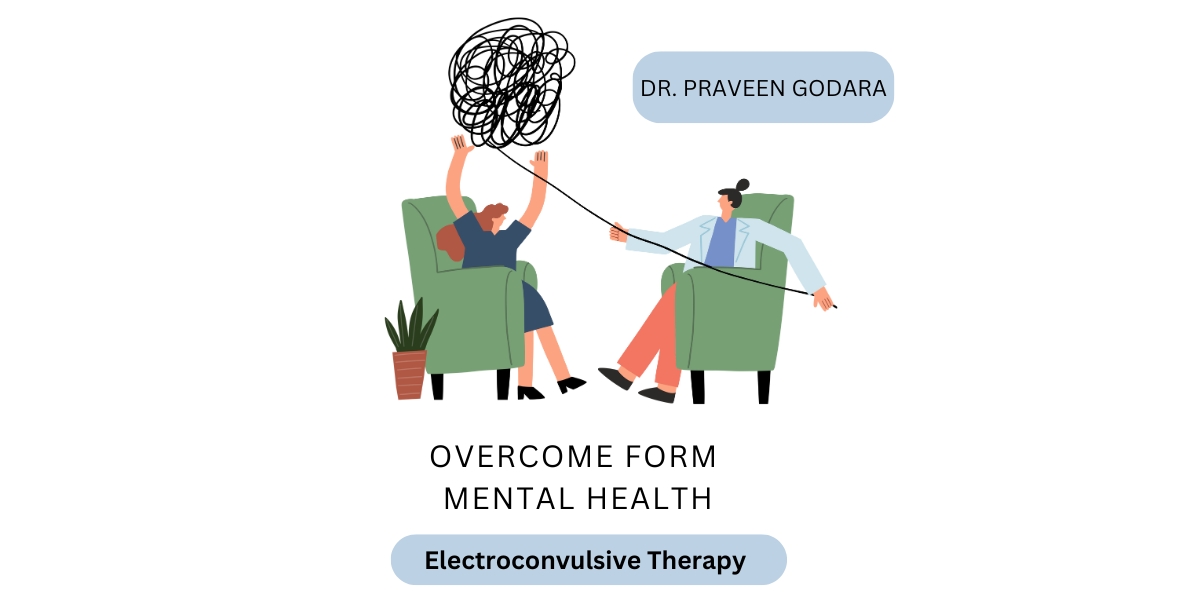
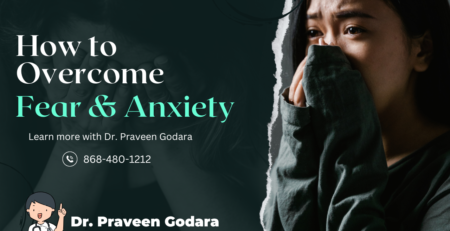
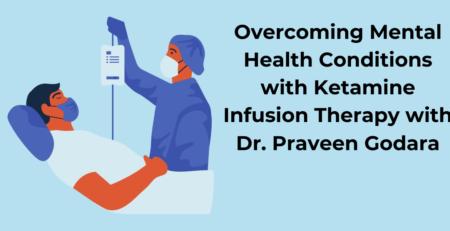
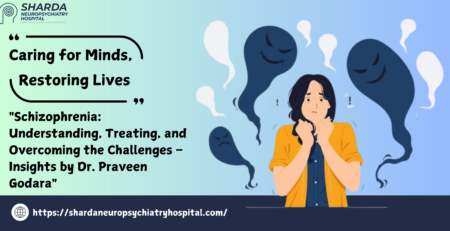
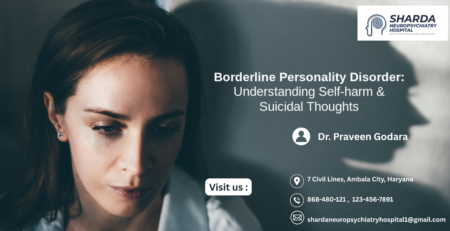
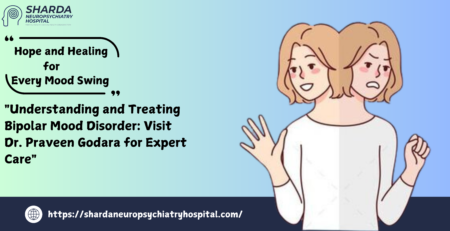
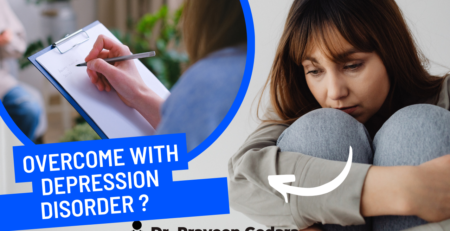
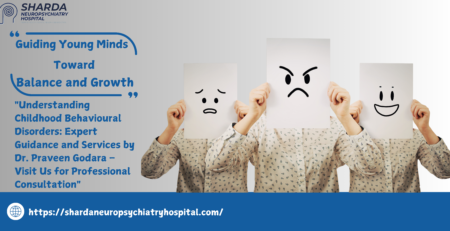
Leave a Reply